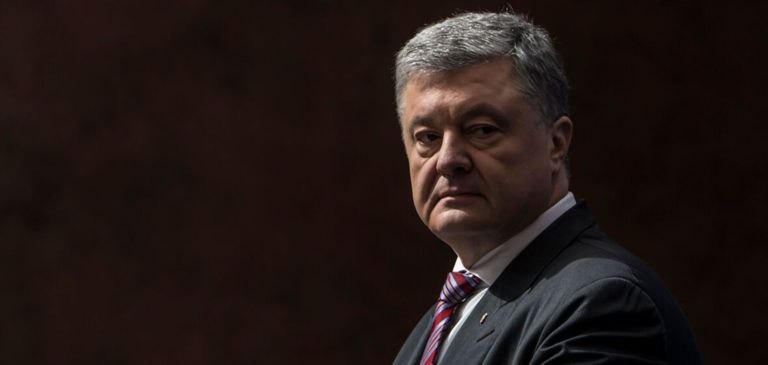
What are the sanctions for? Official and unofficial explanations
LB.ua sources indicate that sanctions against Kolomoyskyy, Boholyubov, Medvedchuk, and Zhevago were imposed at the request of the Security Service of Ukraine (SBU), while those against Poroshenko were requested by the government.
The alleged reasons for the sanctions include:
- A criminal case for high treason, based on accusations that Poroshenko, in collusion with Medvedchuk and the Russian leadership, forced state-owned Centrenergo to buy coal from the occupied territories.
The SBU later reiterated this accusation, stating: “Poroshenko and Medvedchuk were previously notified of suspicion of high treason, aiding a terrorist organisation, and other criminal offences. The investigation determined that, while serving as president, Poroshenko made Ukraine energy-dependent on Russia and the leaders of its proxy pseudo-republics.”
Poroshenko was formally served notice of suspicion on 20 December 2021. The case concerns events in 2014–2015, when, due to Russian hybrid aggression, Ukraine lost control over key mines in Donetsk and Luhansk Regions, which supplied anthracite to Ukrainian thermal power plants. Poroshenko personally blocked then-Prime Minister Arseniy Yatsenyuk’s attempts to source alternative coal from South Africa. At a National Security and Defence Council meeting, he claimed the imported coal was of poor quality and too expensive.
Around the same time, the Prosecutor General’s Office, led by Poroshenko ally Vitaliy Yarema, launched an investigation, summoning the energy minister and heads of Centrenergo and Ukrinterenergo for questioning. As a result, the South African supplier refused to continue shipments. At a government meeting, then-Interior Minister Arsen Avakov argued that the campaign against South African coal aimed to maintain reliance on Russia and its occupied territories.
While this case is critical to national security and should be fully investigated, if there is solid evidence against Poroshenko, it should likely be pursued in court rather than through sanctions.
- Poroshenko’s past involvement in the Party of Regions’ creation and his work in Viktor Yanukovych’s government
This justification for sanctions appears weak and requires little further comment.
- Business ties with Russia, including ownership of the Roshen factory in Lipetsk and Sevmorzavod in occupied CrimeaRoshen factory in Lipetsk, 2014
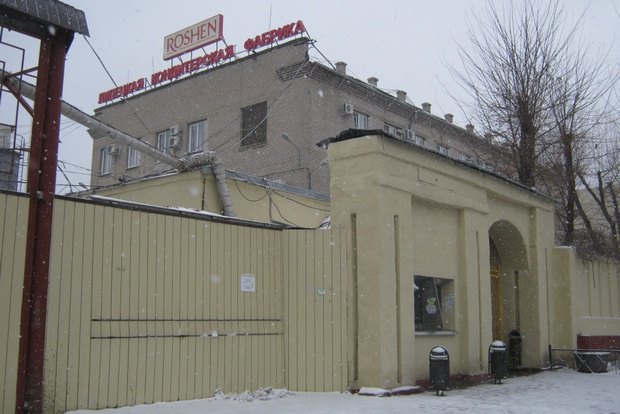
The issue of Poroshenko’s Russian assets, including the Crimean plant (which Bihus.Info investigators linked to Medvedchuk), could also be addressed within a criminal case, making sanctions seem like an ineffective approach.
Other LB.ua sources suggest the sanctions were based on findings from the State Financial Monitoring Service, which allegedly revealed ongoing business ties between Poroshenko and Medvedchuk. According to these claims, Medvedchuk used profits from this partnership to finance the Ukrainian Orthodox Church of the Moscow Patriarchate (UOC-MP) and pro-Russian organisations in Ukraine and the EU.
Previously, reports surfaced that financial monitoring had identified Russian-backed money laundering through UOC-MP parish funding structures. This issue was discussed at the National Security and Defence Council meeting on 5 February, though Poroshenko was not mentioned at the time.
LB.ua sources within the Verkhovna Rada’s tax committee claim that Filip Pronin, head of the State Financial Monitoring Service, presented evidence of Poroshenko’s links to Medvedchuk at the 12 February NSDC meeting. However, three MPs stated that the tax committee had not yet received a corresponding report from the Financial Monitoring Service.
LB.ua is currently seeking further clarification from the State Financial Monitoring Service regarding the accusations.
On the day of the decree's publication, President Volodymyr Zelenskyy warned that this was "not the first and not the last package of sanctions".
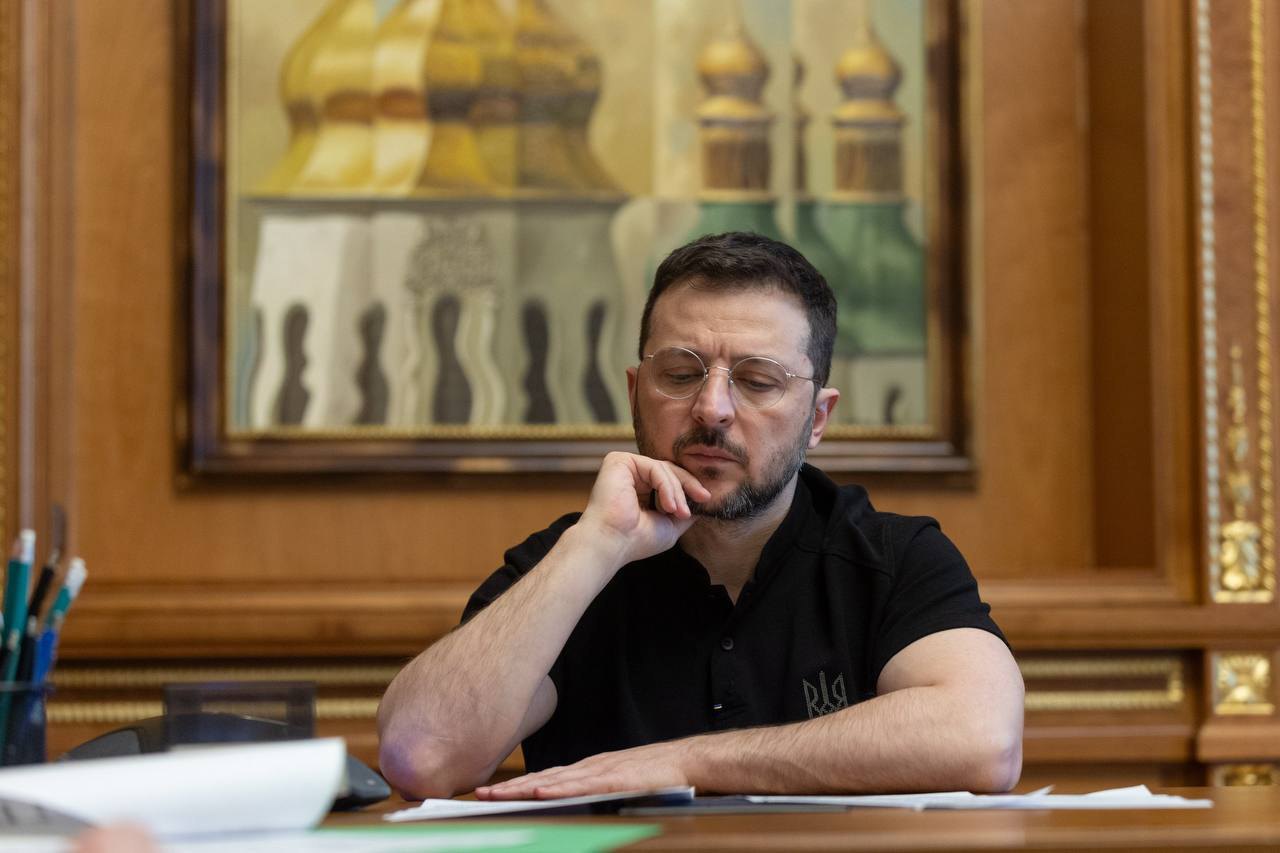
According to the head of state, the restrictions against Poroshenko were imposed because of "the withdrawal of billions of hryvnyas during the war".
"I'm just surprised that financial monitoring hasn't shown us anything before. I didn't see it, and it's hard to say how it was before me. Now the Security Service and financial monitoring show billions. And all these people, Medvedchuk and Poroshenko, are partners in this case, but I don't want to blame them, the courts are doing that," the president assured.
Volodymyr Zelenskyy added that those who have been sanctioned can return the withdrawn funds to the budget - they will be directed to the Armed Forces. Then the sanctions will be lifted.
What are the sanctions for? Foreign policy context
Oddly enough, sources in the Presidential Administration, the presidential faction, and Petro Poroshenko's entourage named one common reason for the imposition of sanctions: foreign policy.
They say that he says "the wrong things" to foreign partners. In particular, "about the need to hold elections in the near future," a source in the Presidential Office told LB.ua. Another source added that Petro Poroshenko was convincing European leaders of the need to change the government in Ukraine as soon as possible.
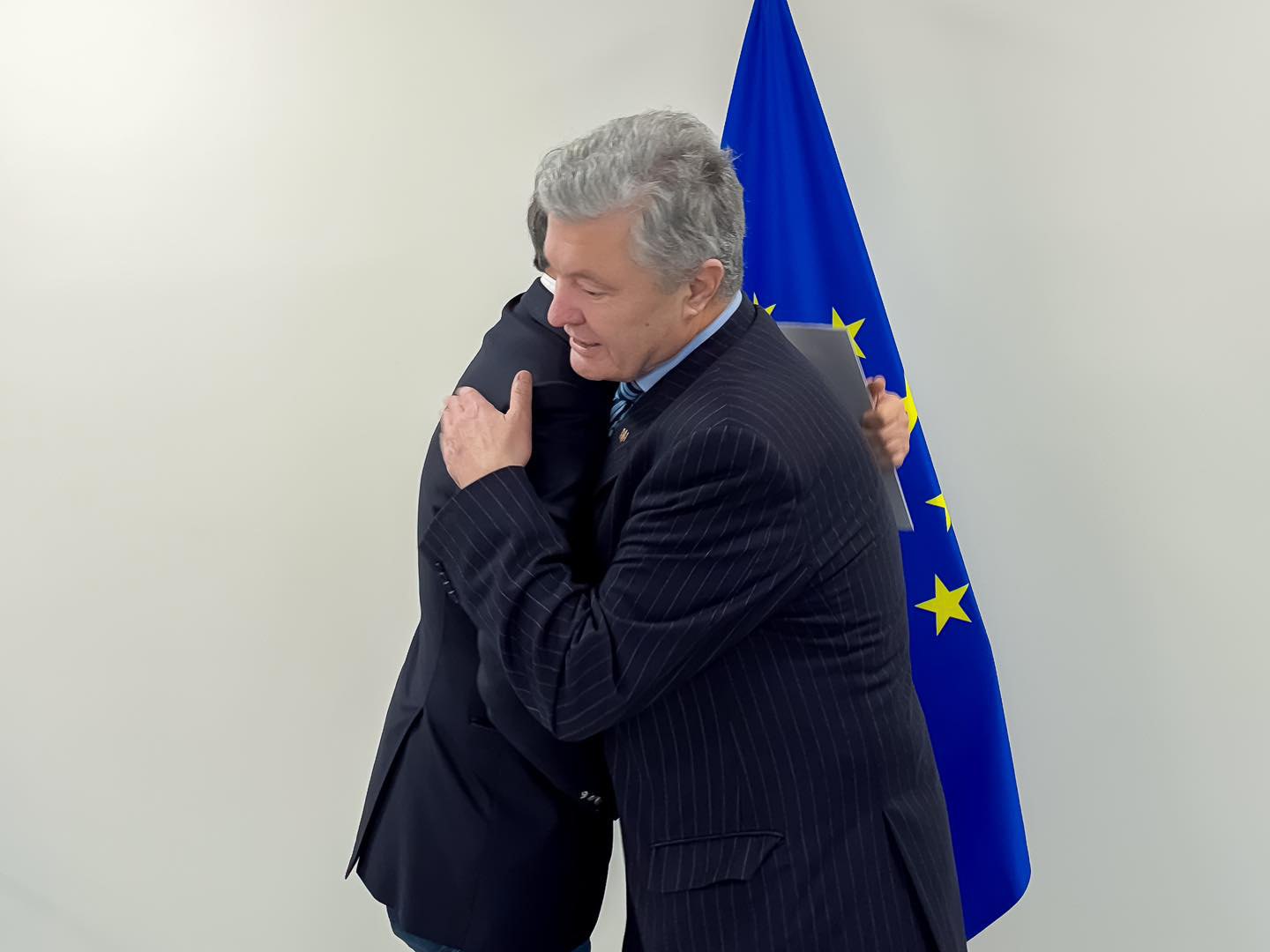
A representative of Petro Poroshenko's inner circle suggested something similar to LB.ua: that Volodymyr Zelenskyy was allegedly "triggered" by the US proposal to hold elections in the near future, and the Presidential Administration linked it to the EU leader. At the same time, our interlocutor categorically denied that Poroshenko had any communication with Donald Trump's entourage on this topic.
In a conversation with LB.ua, MPs from the European Solidarity party stressed that they had known about the impending sanctions even before Petro Poroshenko's visit to Washington for a prayer breakfast last week.
"Some in the government even expected that Petro would not return. But we were ready," an EU source told LB.ua.
Ivanna Klympush-Tsintsadze (EU), head of the Verkhovna Rada Committee on European Integration, suggested that President Zelenskyy was not only irritated by Poroshenko's trip to the US. "Before that, there were visits to Brussels and Paris. And this is just in the last few weeks. The president is annoyed that we can convey the Ukrainian position to the new American leadership and European leaders. At a time when Zelenskyy's foreign policy is falling apart, and Trump is openly talking about negotiations with Putin without the president of Ukraine," Klympush-Tsintsadze said.
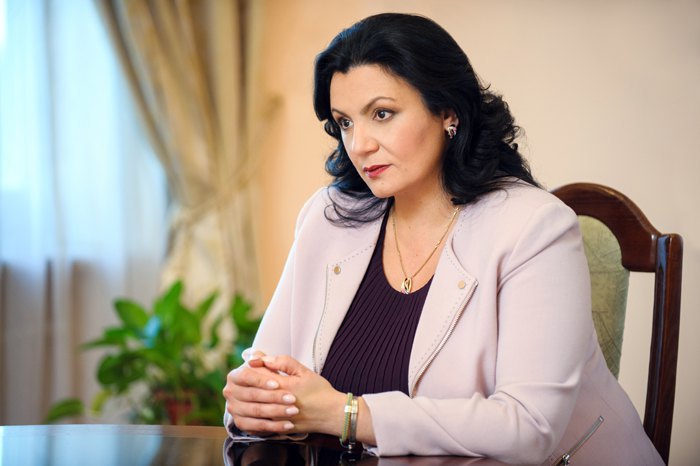
According to her, Poroshenko was not signed off on a business trip to the Munich Security Conference scheduled for 14-15 February.
"Instead, already on 13 February, 15 SBI summonses were handed over for each day from 14 February, so that Poroshenko would go to interrogations every day on various fictitious cases. When most of these cases were initiated by Andriy Portnov, against whom the government "for some reason" did not recommend imposing sanctions," Klympush-Tsintsadze said.
Will Roshen, Pryamyy, and Channel 5 be taken away?
Since 2019, the beneficial owner of Roshen Corporation has been the son of the European Solidarity party leader Oleksiy.
The Pryamyy and Channel 5 TV channels, which belonged to Petro Poroshenko, were merged into the Free Media media holding in 2021, with journalists from the above-mentioned channels as its shareholders.
However, the EU has not ruled out the possibility that they will try to get to the assets.
"The sanctions are written in such a way that the assets can be seized even through individuals or legal entities, where they may have influence. In other words, they were written in such a way as to prohibit everything. Only breathing was not banned," added Ivanna Klympush-Tsintsadze.
If sanctions are imposed because of a hypothetical election: will Poroshenko be able to run?
Lawyer Leonid Yemets (European Solidarity official in the Kyiv City Council) linked the imposition of sanctions on Poroshenko right now to the fact that "the elections are already in full swing".
However, according to him, the sanctions do not block the possible participation of the fifth president in the election race after the lifting of martial law.
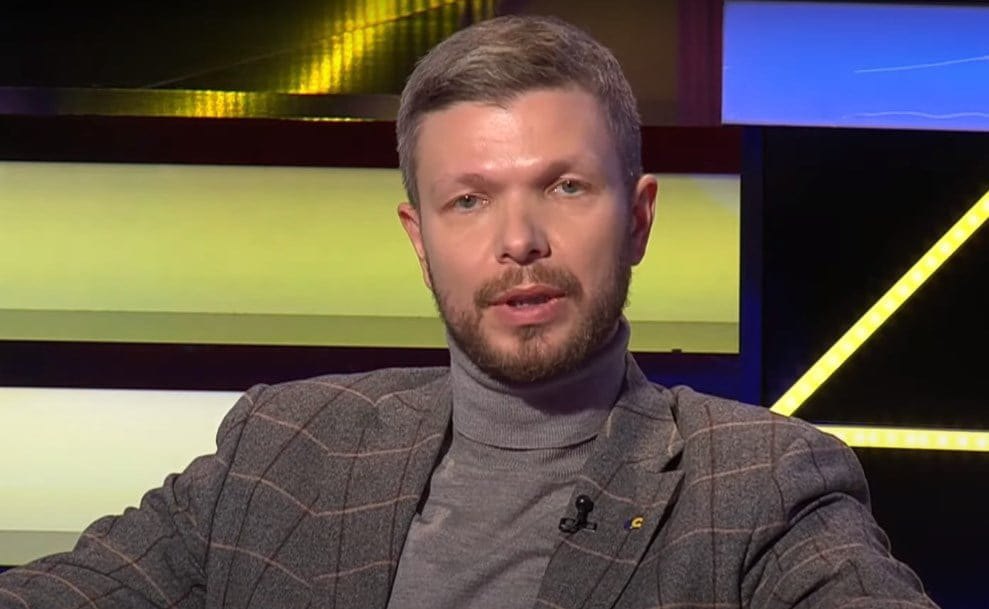
"Because the Constitution has a higher legal force than any other law. Including the one on sanctions. The Constitution very clearly and specifically defines the list of circumstances that prohibit running for either the Verkhovna Rada or the presidency. This list is exhaustive and cannot be expanded, supplemented or amended by law. At the moment, Poroshenko has no grounds for such a ban," Yemets said.
However, in his opinion, restricting the use of radio frequencies or media resources, blocking assets may in practice limit the possibilities in the campaigning process.
"Here, a political opponent was taken and completely removed from the public sphere. To put it mildly, this is not a very democratic position in history," Yemets added.
Andriy Mahera, a lawyer and former deputy head of the CEC, also believes that without a guilty verdict, there will be no obstacles - at least for the CEC - to register Poroshenko in a hypothetical election.








